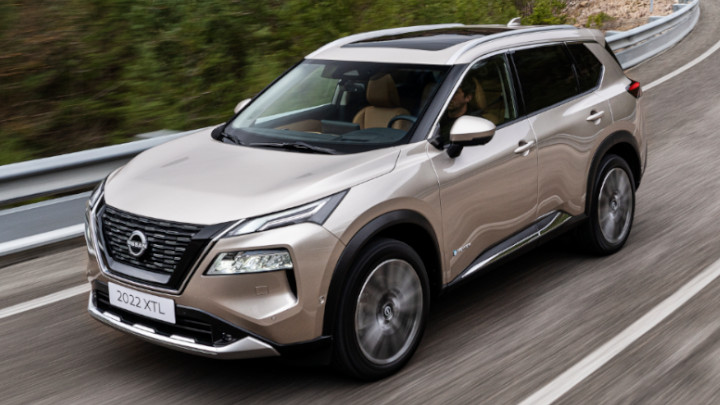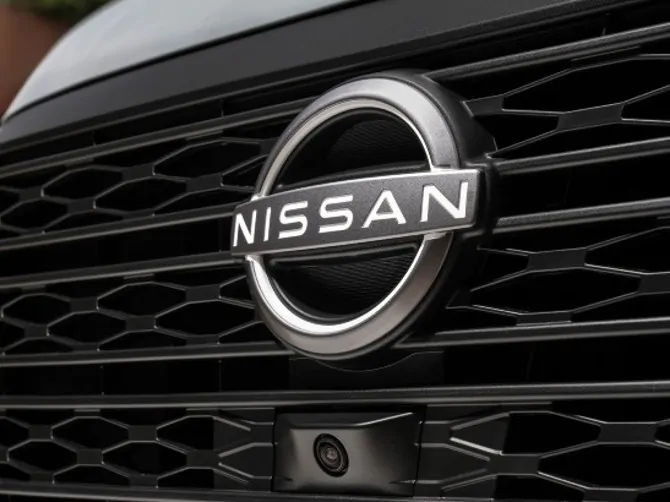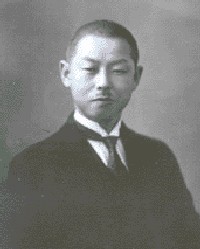Nissan – Brand of Cars

Nissan, a renowned Japanese automaker, has cemented its place in the automotive industry through innovation, reliability, and a commitment to quality. From its humble beginnings in the early 20th century to its status as a global powerhouse today, Nissan has consistently pushed the boundaries of automotive engineering. Let’s delve into the intricate mechanisms and structures that define Nissan’s vehicles.
Founder of Nissan Brand
- Masujiro Hashimoto
- yoshisuke Aikawa
- William Gorham
History and Evolution
Nissan’s journey dates back to 1914 when it was established as the Kwaishinsha Motor Car Works, later renamed to DAT Motorcar Co. In 1933, it merged with Jitsuyo Jidosha Co., Ltd., forming the Nissan Motor Company we know today. Since then, Nissan has expanded its reach worldwide, producing a diverse range of vehicles catering to various market segments. Since 1999, Nissan has been part of the Renault–Nissan–Mitsubishi Alliance (Mitsubishi joining in 2016), a partnership between Nissan and Mitsubishi Motors of Japan, with Renault of France. As of November 2023, Renault holds a 15% voting stake in Nissan, while Nissan holds the same stake in Renault.
History of Nissan Name
Nissan name first used in 1930s. In 1928, Yoshisuke Aikawa (nickname: Gisuke/Guisuke Ayukawa) founded the holding company Nihon Sangyo. The name ‘Nissan’ originated during the 1930s as an abbreviation used on the Tokyo Stock Exchange for Nihon Sangyo. This company was Nissan “Zaibatsu” which included Tobata Casting and Hitachi. At this time Nissan controlled foundries and auto parts businesses, but Aikawa did not enter automobile manufacturing until 1933.
Nissan Brands

Until 1983, Nissan automobiles in most export markets were sold under the Datsun brand. In 1984 the Datsun brand was phased out and the Nissan brand was phased in. All cars in 1984 had both the Datsun and Nissan branding on them and in 1985 the Datsun name was completely dropped. In July 2013, Nissan relaunched Datsun as a brand targeted at emerging markets. However, due to sluggish sales, Nissan ended sales of Datsun-badged vehicles in 2022.
Design Philosophy
Nissan’s design philosophy revolves around the concept of “Innovation that Excites.” This ethos is reflected in their sleek, aerodynamic designs that prioritize both form and function. From the compact Nissan Micra to the rugged Nissan Patrol, each vehicle embodies Nissan’s commitment to cutting-edge design.
Structural Components
Nissan vehicles are built using a combination of high-strength steel, aluminum, and advanced composites to ensure optimal structural integrity while keeping weight to a minimum. Key structural components include:
Chassis
The chassis forms the foundation of every Nissan vehicle, providing structural support and housing crucial components such as the engine, transmission, and suspension system.
Body Panels
Nissan employs advanced forming techniques to create lightweight yet durable body panels that enhance aerodynamics and fuel efficiency while maintaining rigidity and safety.
Safety Cage
A reinforced safety cage surrounds the vehicle’s occupants, designed to withstand impact forces and protect against collisions from all angles.
Mechanical Systems
Nissan vehicles boast an array of sophisticated mechanical systems designed to deliver optimal performance, efficiency, and reliability. Key mechanical components include:
Engine
Nissan offers a range of gasoline, diesel, and hybrid powertrains tailored to meet the diverse needs of consumers worldwide. Advanced technologies such as direct injection, turbocharging, and variable valve timing ensure a balance of power and efficiency.
Transmission
Whether it’s a manual, automatic, or continuously variable transmission (CVT), Nissan’s transmission systems are engineered to deliver smooth, responsive performance across a wide range of driving conditions.
Suspension
Nissan’s suspension systems strike a balance between comfort and handling, utilizing MacPherson struts, multi-link designs, and electronic damping control to provide a smooth, composed ride.
Braking System
Equipped with advanced anti-lock braking systems (ABS), electronic brake-force distribution (EBD), and brake assist, Nissan vehicles offer precise, confident stopping power in any situation.
Technological Innovations
Nissan has always been at the forefront of automotive technology, pioneering advancements that enhance safety, convenience, and connectivity. Some notable innovations include:
Nissan Intelligent Mobility
Integrating cutting-edge technologies such as Pro PILOT Assist, Intelligent Around View Monitor, and Nissan Safety Shield 360, Nissan Intelligent Mobility represents a holistic approach to safety and driver assistance.
Infotainment Systems
Nissan’s infotainment systems feature intuitive interfaces, smartphone integration, and voice-activated controls, keeping drivers connected and entertained on the road.
Electric and Autonomous Vehicles
With models like the Nissan LEAF leading the charge in electric mobility and ongoin











